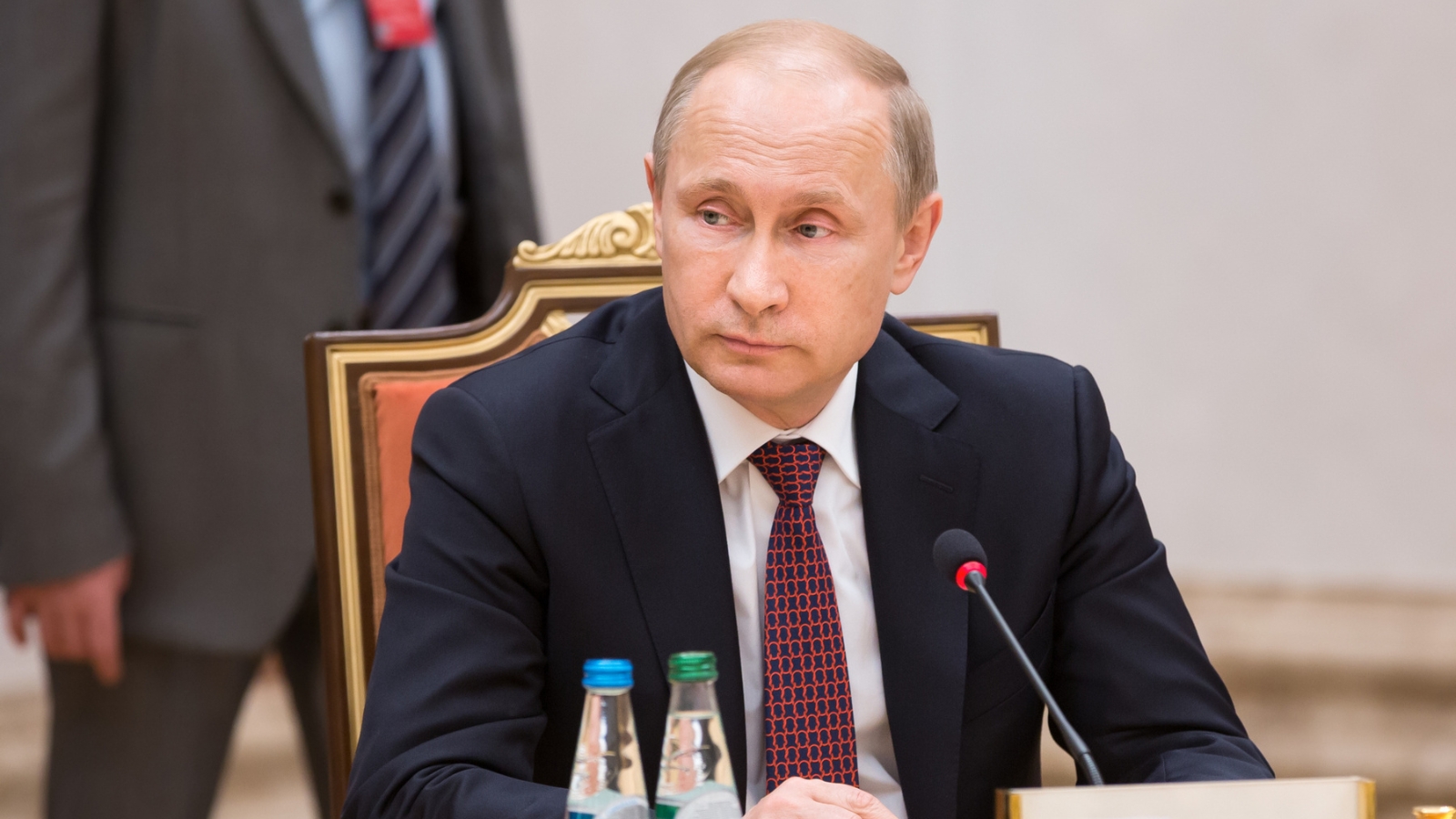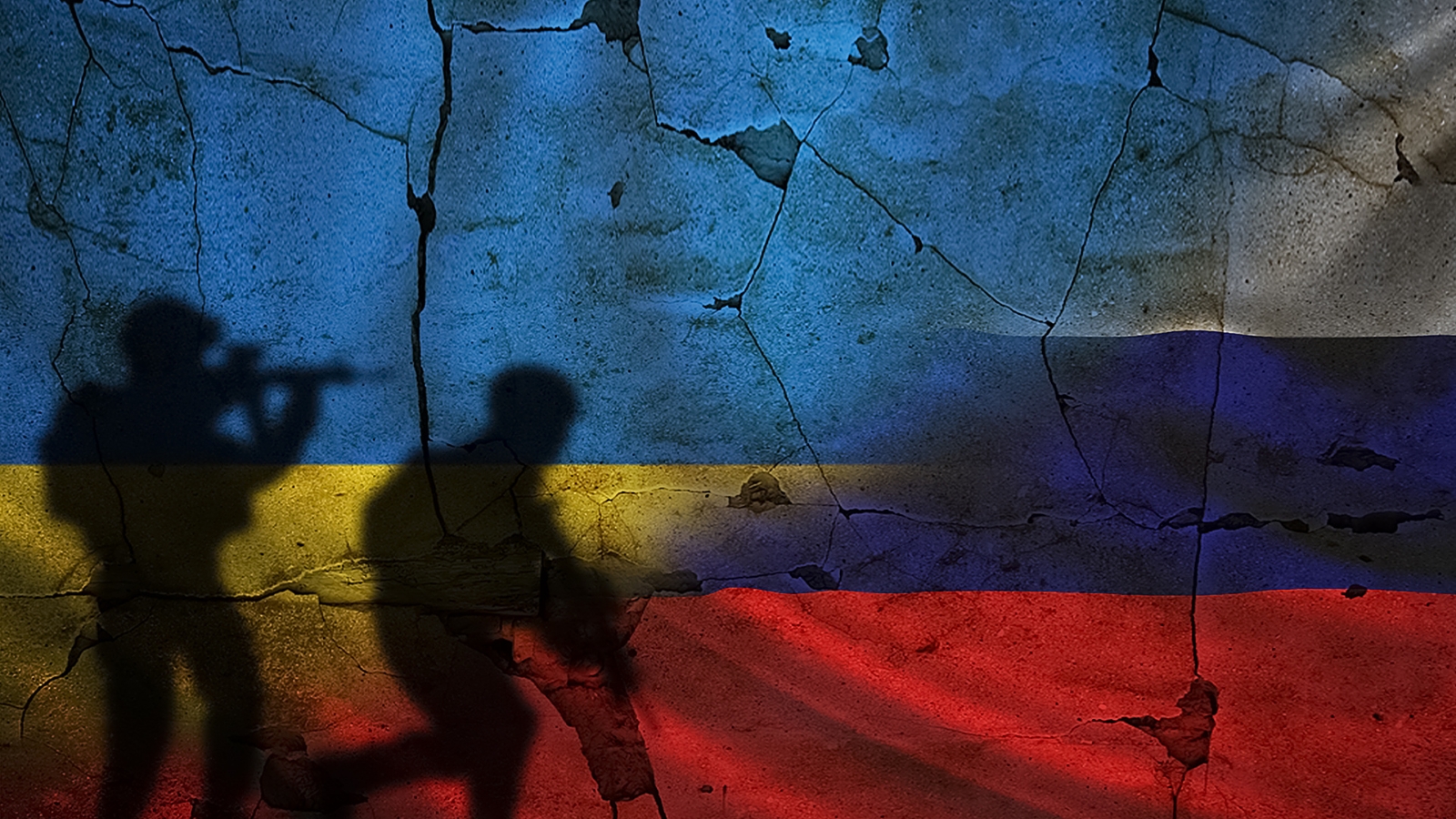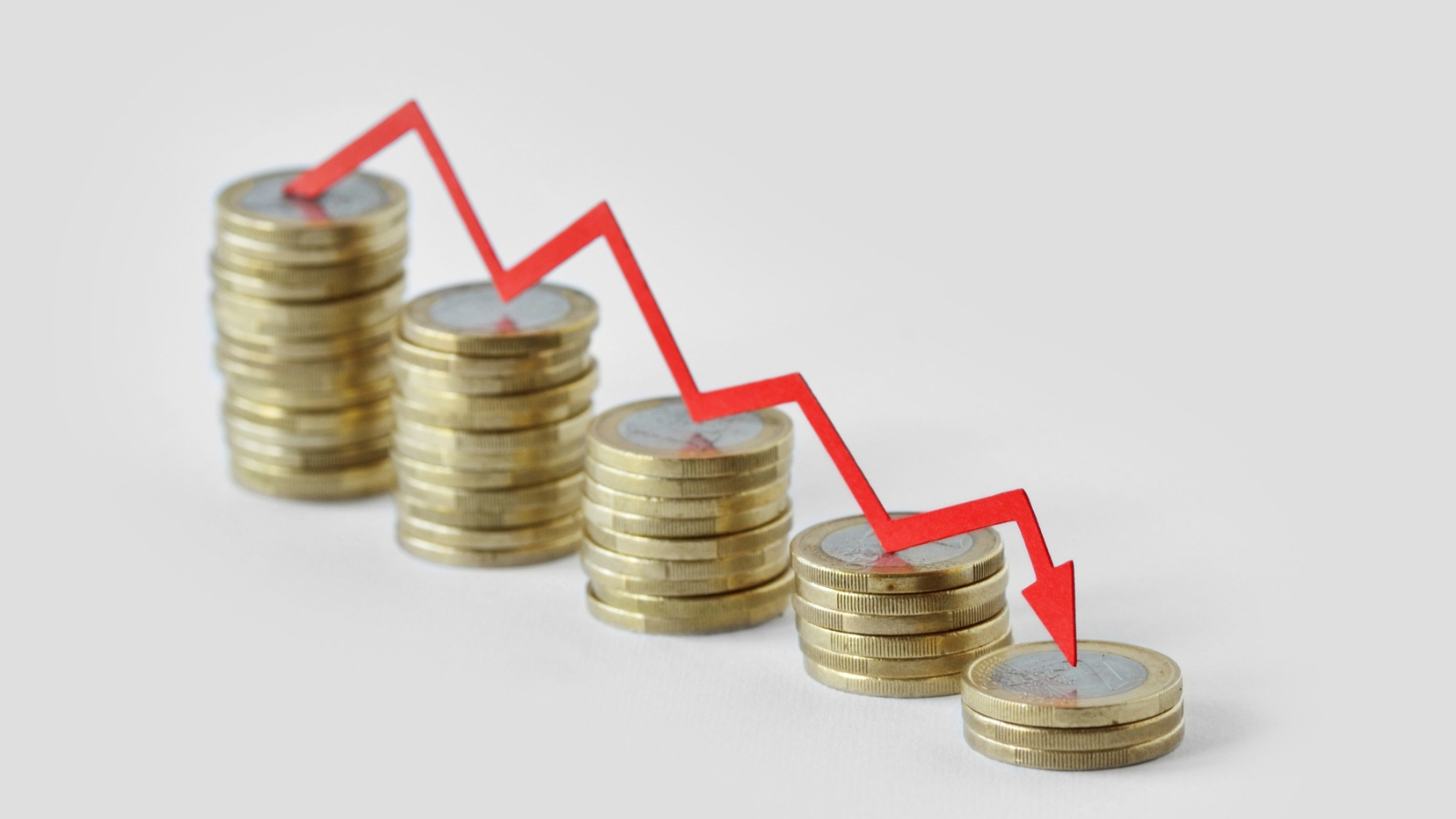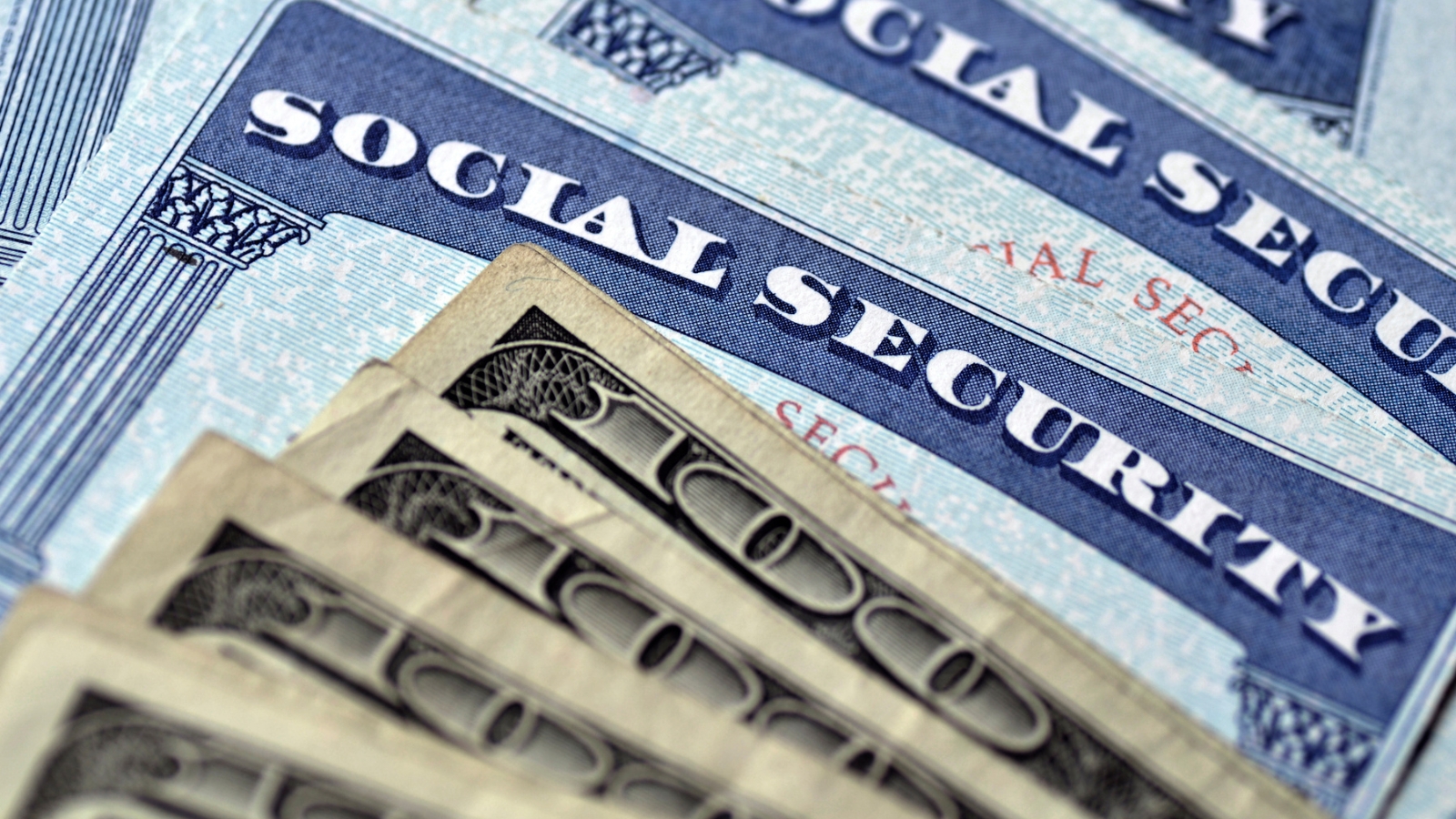Yale researchers Jeffrey Sonnenfeld and Steven Tian have published an op-ed in Foreign Policy, shedding light on Russia’s economic challenges and emphasizing that President Vladimir Putin’s recent appearance of strength is not indicative of the nation’s economic reality.
Economic Resilience Misconception

Contrary to recent commentary suggesting President Putin’s strength in 2023, the researchers argue that Russia’s economy is in a state of paralysis, with its war machine relying on the cannibalization of state-owned enterprises.
Impact of Western Sanctions

Western sanctions and the departure of multinational companies from Russia have had a severe economic impact, contradicting the narrative of Putin’s success.
Read More: US Responds to Attack on Ship in Red Sea
Assets Transfers Not Beneficial

The transfer of “worthless” expropriated assets from Western firms to Putin’s associates doesn’t enhance Russia’s wealth, the researchers argue.
1 Million Russians Flee

Since Russia’s invasion of Ukraine in early 2022, over 1 million Russians, including top tech talent, have fled to other countries, contributing to a labor shortage approaching 5 million workers and driving high inflation.
Massive Capital Flight

Between February 2022 and June 2023, $253 billion in private capital left Russia, according to the Russian central bank’s data.
Also Read: Kavanaugh’s Stance on Presidential Immunity Challenged in Trump Cases
Loss of Western Technology and Expertise

Russian companies have lost access to Western technology and expertise, which they relied on heavily. Foreign direct investment has nearly ceased.
Capital Controls Impact

Strict capital controls have rendered Russian assets valued in rubles nearly worthless in global markets.
Sanctions Impact on Finance

Sanctions have cut off Moscow from much of international finance, preventing Russian companies from issuing new stocks or bonds in Western markets.
Read More: New Details Emerge on Planned March on Jan 6th And White House Involvement
Russia Not an Economic Superpower

Contrary to the belief that Russia is an economic superpower, it lacks the ability to supply finished goods to the global economy and depends heavily on raw materials sourced from elsewhere. The war machine operates by cannibalizing state-controlled enterprises.
Kremlin Anticipates More Sanctions

Russian central bank governor Elvira Nabiullina anticipates further sanctions and warns against overestimating Russia’s resilience, acknowledging that the pressure from sanctions may intensify.
Preparation for Economic Challenges

Nabiullina emphasizes the importance of preparing for future economic challenges, signaling the Kremlin’s acknowledgment of the difficulties ahead.
Read Next: New Details Emerge on Planned March on Jan 6th And White House Involvement
More from The Stock Dork – U.S. Legislators Call for Investigation into Autel Robotics, Citing Security Concerns







 Tags:
Tags:










